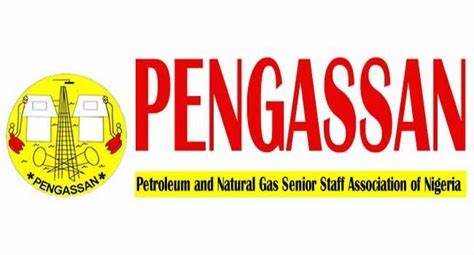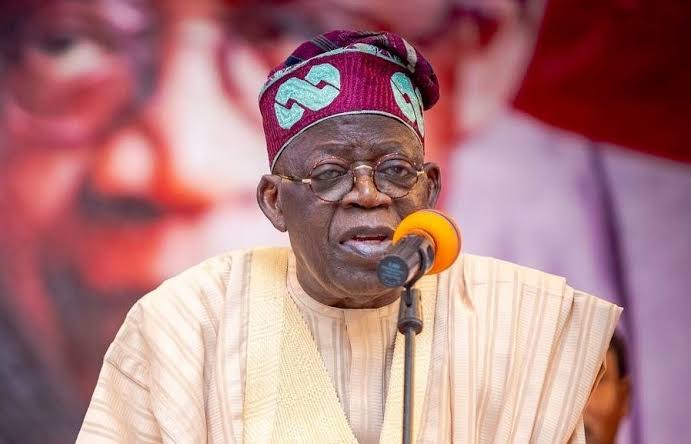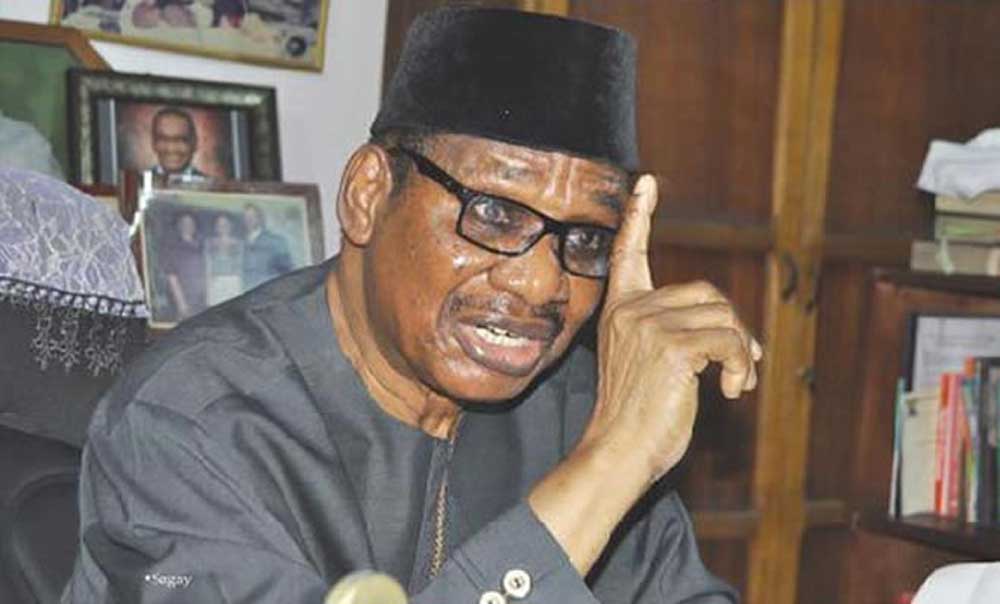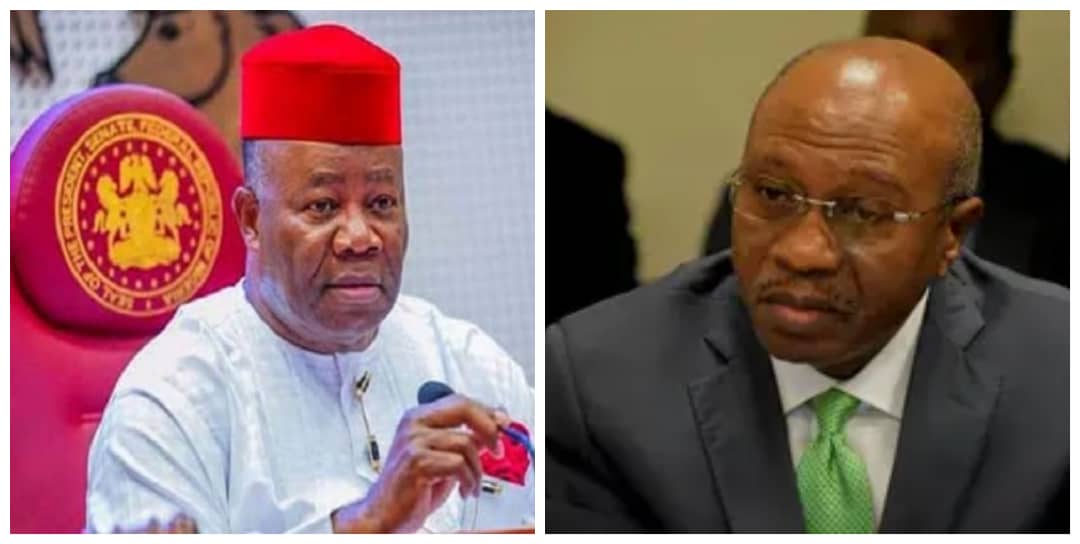
[ad_1]

The Petroleum and Natural Gas Senior Staff Association of Nigeria (PENGASSAN) has described the floating of the Naira as the worst economic decision ever.
Speaking to Vanguard, President of PENGASSAN, Engineer Felix Osifo said the decision is the major cause of the hardship, mass suffering, and other economic woes confronting the country, describing it as the worst economic decision-taking by the government.
He noted that people are already projecting that one Dollar will be exchanged for N4,000 before the end of the year.
Osifo said;
“The removal of the fuel subsidy came with mixed feelings. As of then, our greatest concern was that it was done hastily. We were challenged by the fact that there was no plan in place to cushion the effects of its removal. One of the sectors impacted is the transportation sector. Before going into such a venture, it is right to proliferate everywhere with buses so that the Nigerian masses and students can use such buses for free.
“It would have reduced the high cost of transportation suffered by the people. Today, we can see where we are as a country. The reason why we are facing this difficulty is really not because the fuel subsidy was removed, it is mainly because of the exchange rate. In the last three years, we have shouted that the greatest policy that would affect us greatly if not well-managed is the exchange rate.
“When the exchange rate was N450, if crude oil price was around $75 to a barrel, the landing cost of PMS would have been about N350. That is half of where we find ourselves today and it could have also been better. We are challenged today because that exchange rate keeps increasing over time.
“As we speak, everywhere is in chaos. The country is really going south and everywhere, it has been a problem. No country in the world floats its currency 100 percent in US Dollars. That is the worst economic decision-making. Today, we do not earn 100 percent and we have floated our currency. If it is left to supply and demand, speculators will come in. If not for the run around the Economic and Financial Crimes Commission, EFCC, operatives are also doing, which is also not sustainable, we could have got to N2,000. A lot of people are already projecting N4,000 before the end of the year. Currency speculators should not be allowed a free day.
“When a nation floats its currency, it is looking at the parallel or the black market, which has no fundamentals. When somebody has $5,000,000, he decides how much to sell it when another person is there to buy. The CBN or the official rate should not be chasing the parallel market. Those in the parallel market can do whatever they want, but the official rate should be maintained at a single rate. Another thing we can do is increase the supply side. Nigeria is an oil-dependent country.
“Over 90 percent of our foreign exchange earnings is from crude. We must curtail the issue of crude oil theft. We must create incentives for the International Oil Companies, IOCs, to increase their production for the indigenous producers to increase their production and stimulate more production. This is the quickest way for us to earn petrol dollars. When this comes in, it will shore up the supply and we will be able to meet the demand. Speculators cannot be eliminated, they will still be there.
“We should look at those critical items that we are importing for the manufacturing industry – spare parts, raw materials. We should look at all of them and reduce their duties. Look at what the Customs is collecting for you to clear spare parts or any goods.
“They have adjusted their exchange rate to about N1, 600 and that would impede business. Food prices are expensive. People keep asking how it is related to the exchange rate; the question there is that the exchange rate is what is also affecting Automotive Gas Oil, AGO, popularly called Diesel. Before now, AGO was around N260. Last year it was around N700 to N800 naira. As we speak, AGO per litre is somewhere around N1,400.
“So, the woman that goes to Maiduguri market to buy tomatoes and bring them to Port Harcourt market or Lagos is going to ply the road with a vehicle which will be fuelled by AGO. That same woman, the house she lives in, the landlord increases the rent. She also has children in school and the school management would also increase the fee because the cost of running the school is high and teachers are demanding for more salaries.
“Customs are meant to facilitate trade, they are not revenue collectors. If the target is for customs to collect N2 trillion, it will hinder the manufacturing sector and businesses. However, if the target is to facilitate businesses, they will still bring in revenue which may not be much but taxes can be made from the businesses.”
[ad_2]








